Introduction to Organic Farming
Organic farming, a practice that dates back centuries, has resurged in popularity due to growing concerns about environmental sustainability and human health. At its core, organic farming is a production system that relies on ecological processes, biodiversity, and cycles adapted to local conditions, rather than the use of synthetic inputs like pesticides and fertilizers. This approach to agriculture offers a promising solution to many of the world's current environmental and social challenges.
Historical Background and Development
The roots of organic farming are deep, tracing back to traditional agricultural methods used before the advent of synthetic chemicals. However, the formal concept of organic agriculture emerged in the early 20th century as a response to the increasing industrialization of agriculture, which many saw as unsustainable and harmful to both the environment and human health.
Early History and Origins of Organic Farming
The early proponents of organic farming advocated for a return to natural soil fertility methods, such as composting and crop rotation, in contrast to the growing reliance on chemical fertilizers. These pioneers of organic agriculture emphasized the importance of maintaining the natural balance of the ecosystem, laying the groundwork for what would become modern organic farming.
The Emergence and Definition of the Organic Farmer
An organic farmer is someone who embraces this philosophy of using natural processes and materials to cultivate crops and raise livestock. This definition has evolved to encompass a broader set of principles, including the stewardship of natural resources, animal welfare, and avoiding the use of genetically modified organisms (GMOs).
Evolution of Organic Farming Practices Over Time
Over the decades, organic farming practices have evolved, driven by ongoing research and innovation. Modern organic farming not only rejects synthetic pesticides and fertilizers but also incorporates a holistic approach to farm management. This includes enhancing soil organic matter, promoting biodiversity, and using naturally derived pesticides when necessary.
Organic Farming Methods: A Comprehensive Overview
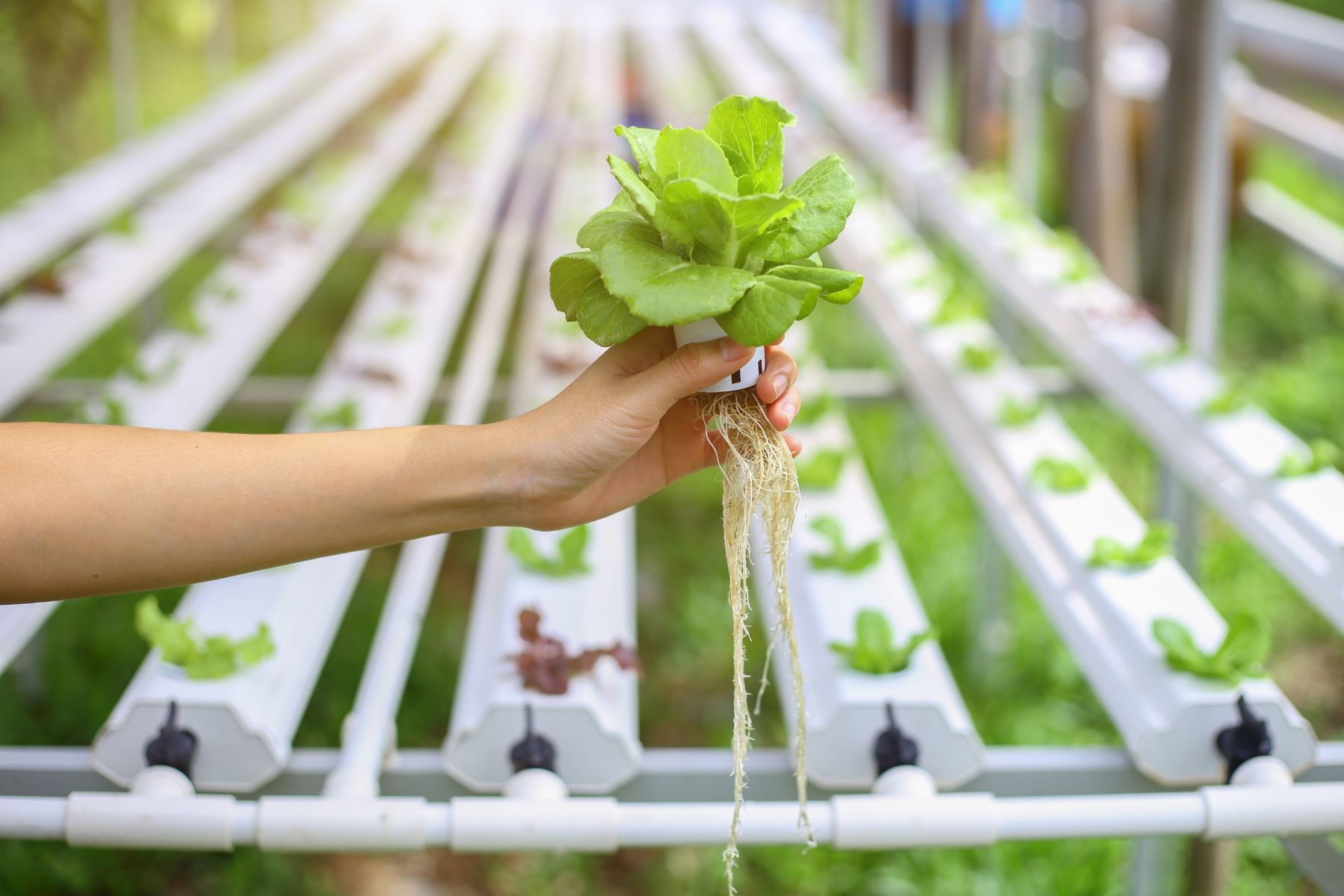
The methods used in organic farming are diverse, reflecting the varying needs of different environments and crops. These methods are geared towards maintaining soil fertility, reducing environmental impact, and producing healthy, chemical-free food.
A. Crop Diversity in Organic Farming
Organic farms often employ a strategy of crop diversity to maintain healthy ecosystems. This includes rotating crops to prevent soil depletion, using green manure crops to enrich the soil, and planting a variety of species to reduce the risk of pest and disease outbreaks.
B. Soil Management: The Heart of Organic Agriculture
Soil health is paramount in organic agriculture. Practices such as using compost, avoiding soil erosion, and maintaining soil structure are key. These methods increase soil organic matter, leading to more fertile land and healthier crops.
C. Innovative Weed Management Techniques
Instead of relying on synthetic herbicides, organic farmers use various techniques for weed management. These include mechanical cultivation, mulching, and the strategic use of cover crops, all aimed at controlling weeds without harming the environment.
D. Controlling Pests and Other Organisms Without Chemicals
Managing pests in organic systems involves a range of strategies, such as biological control using natural predators, crop rotation to disrupt pest cycles, and fostering a balanced ecosystem where pest populations are naturally regulated.
E. Role of Livestock in Organic Farming Systems
Livestock in organic farms are raised following strict standards that include access to the outdoors, organic feed, and humane treatment. The integration of livestock into farming systems can also benefit crop production, such as through manure for soil fertility.
F. The Stance on Genetic Modification in Organic Agriculture
Organic agriculture strictly prohibits the use of genetically modified organisms (GMOs). This stance reflects the principle of working with natural systems rather than attempting to engineer them.
G. Tools and Technologies in Modern Organic Farming
While traditional techniques are fundamental in organic farming, modern technologies also play a role. Innovations like precision agriculture tools and environmentally friendly pest control methods are increasingly adopted in organic production systems.
Organic Farming Standards and Regulations
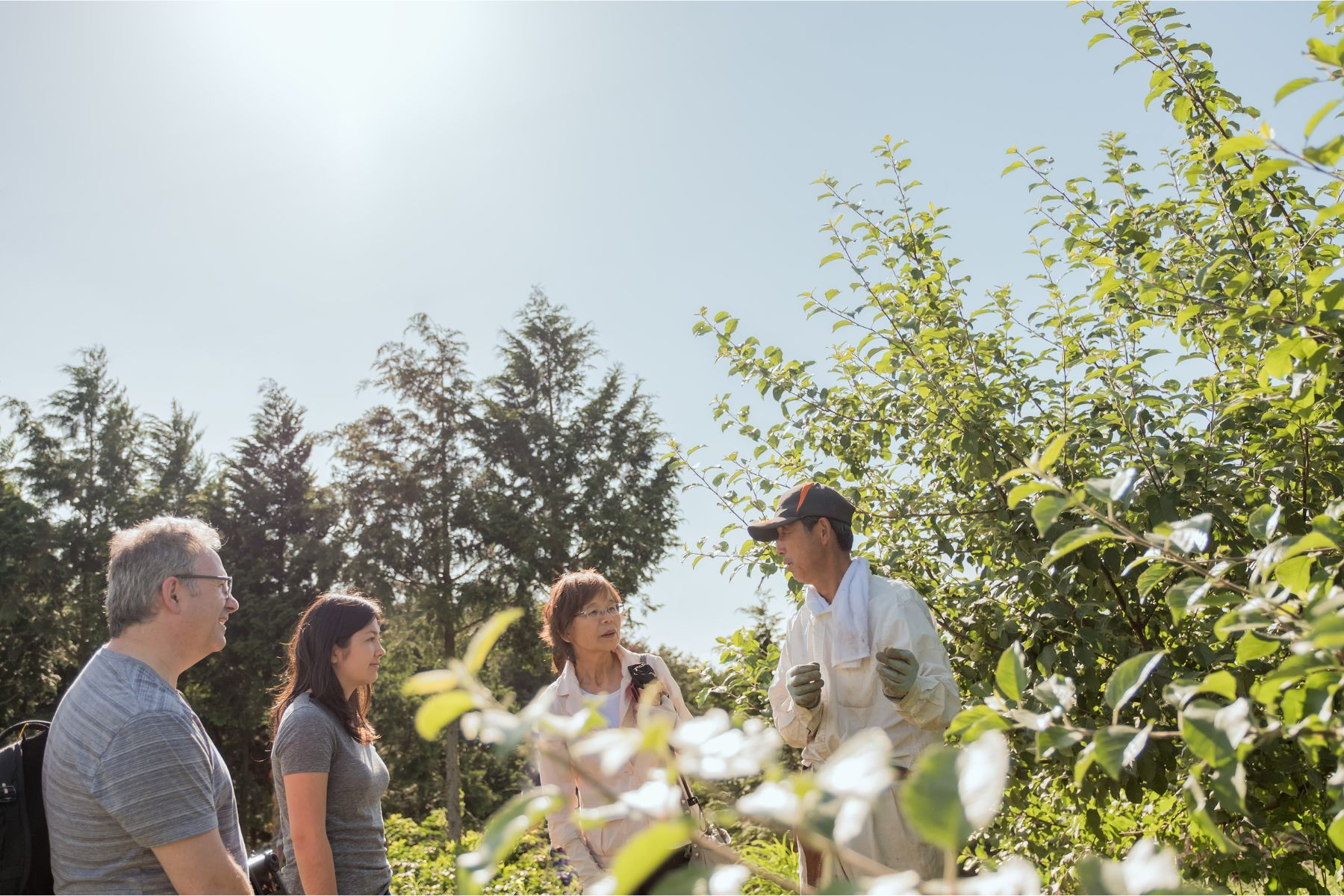
The framework within which organic farming operates is defined by a set of standards and regulations. These are crucial for maintaining the integrity of organic products and ensuring consumer trust.
A. Understanding the National Organic Program (NOP)
The National Organic Program, established by the USDA, sets the national standards for organically produced agricultural products. These regulations cover aspects ranging from production methods to handling and labeling, ensuring that anything labeled as "organic" meets strict government standards.
B. Organic Certification: What Does It Mean and Why It Matters
Organic certification is a process by which organic farms and businesses are verified against national organic standards. Certification is crucial as it gives consumers confidence that the organic products they purchase, from fruits and vegetables to meat and dairy, are produced using methods that preserve the environment and avoid most synthetic materials.
C. Key Standards for Organic Farming: A Global Perspective
Globally, organic standards vary, but they generally share core principles such as prohibiting the use of synthetic fertilizers and pesticides, promoting soil health, and fostering ecological balance. The harmonization of these standards is essential for international trade in organic products.
D. Labeling and Pesticide Guidelines under the NOP
Labeling under the National Organic Program is stringent. Products that are certified organic must display the USDA organic seal. Additionally, guidelines for pesticide use in organic farming are strict, allowing only naturally derived pesticides under certain conditions and prohibiting synthetic pesticides.
The Environmental Impact of Organic Farming
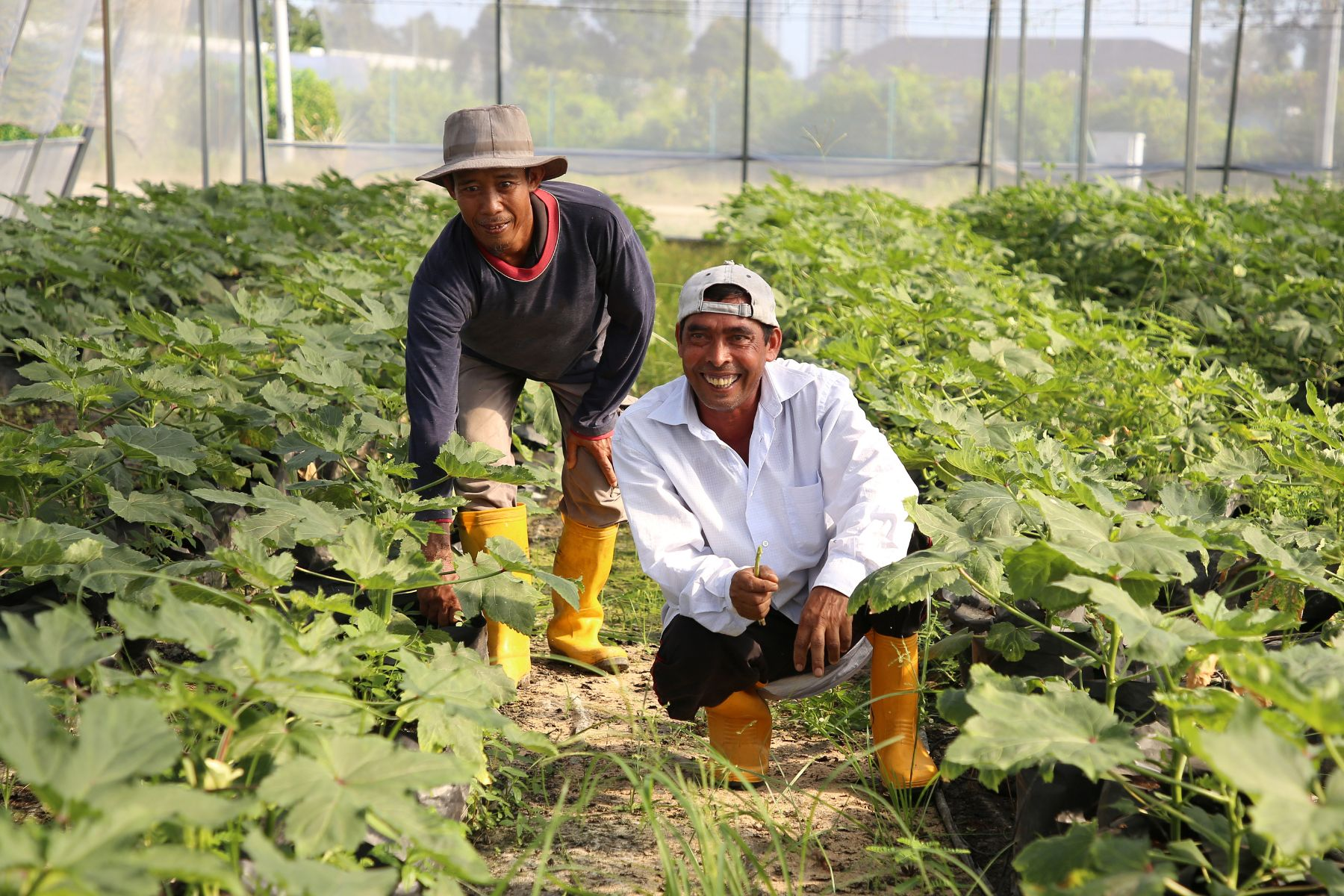
The positive impact of organic farming on the environment is one of its most significant benefits, contributing to its growing popularity as a sustainable agricultural method.
A. Organic Farming as a Sustainable Agricultural Method
Organic farming is a key player in sustainable agriculture, focusing on long-term soil health, ecosystem balance, and minimal impact on the natural environment. By avoiding synthetic fertilizers and pesticides, organic farming reduces pollution and conserves water and soil.
B. How Organic Farming Contributes to Environmental Conservation
Organic farming practices, such as enhancing soil organic matter and promoting biodiversity, contribute significantly to environmental conservation. These practices help in preserving wildlife habitats, reducing soil erosion, and improving soil and water quality.
C. The Role of Organic Farming in Climate Change Mitigation and Adaptation
Organic farming systems play a vital role in climate change mitigation by sequestering carbon in the soil. Moreover, the resilience of organic farming methods makes them well-suited for adaptation to changing climatic conditions, ensuring food security in a sustainable way.
D. Improving Soil Health and Water Quality Through Organic Practices
Organic farming's focus on maintaining soil health directly translates to improved water quality. By enhancing soil structure and avoiding chemical runoff, organic agriculture contributes to cleaner rivers, lakes, and groundwater.
E. Organic Amendments: Enhancing Soil Fertility Naturally
The use of organic amendments, such as compost and green manure, is a cornerstone of organic farming. These natural fertilizers not only enrich the soil but also help in maintaining the balance of soil organisms, crucial for healthy crop growth.
Organic Farming in Global Context
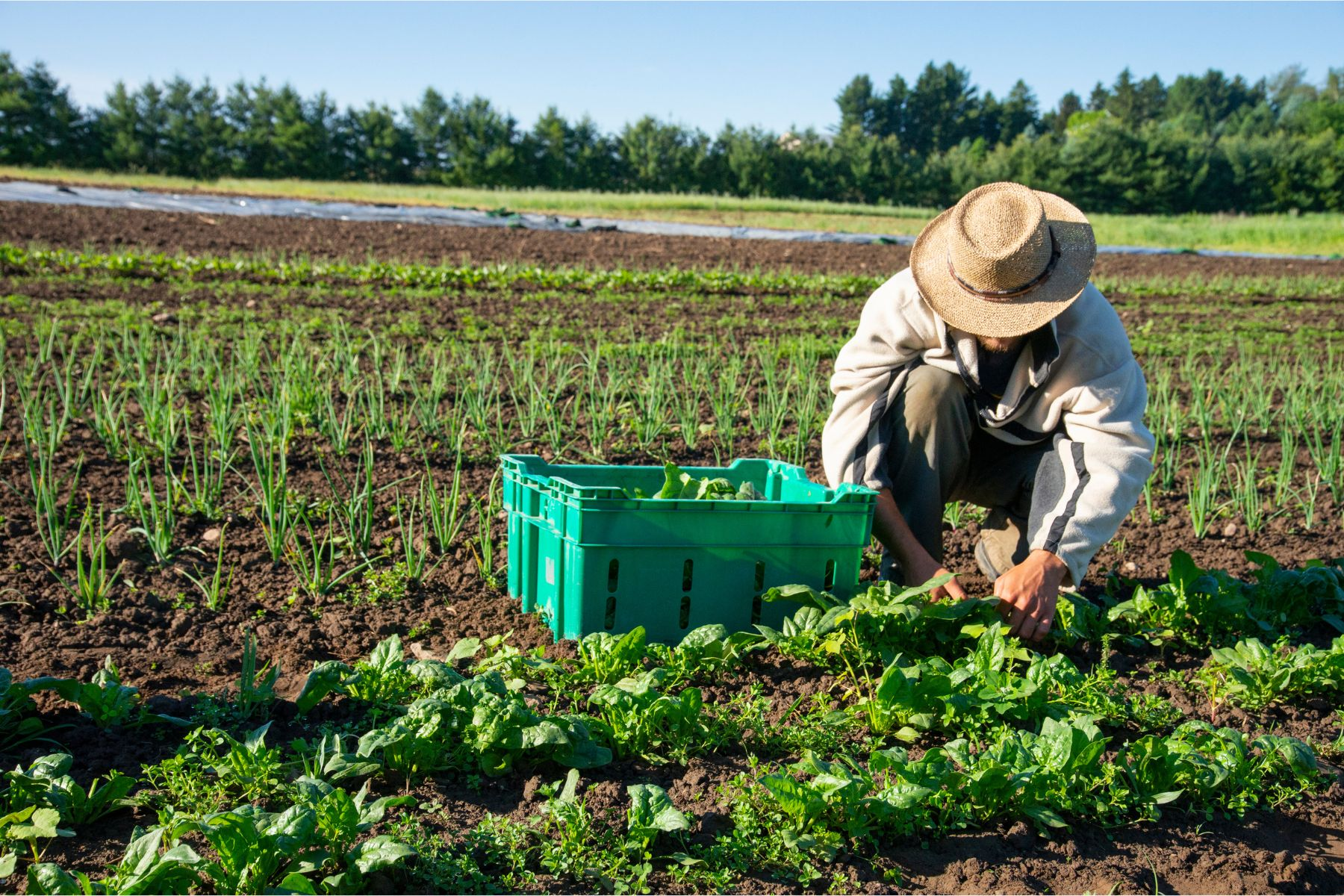
The practice of organic farming is not limited to developed countries but is increasingly significant in developing nations as well.
A. Organic Farming in Developing Countries: Challenges and Opportunities
In developing countries, organic farming presents both challenges and opportunities. While resources and access to markets can be limited, organic agriculture offers a path to sustainable food production and improved livelihoods for small-scale farmers.
B. Comparative Analysis of Organic vs. Conventional Farming in Different Regions
The comparison between organic and conventional farming varies across regions. While conventional agriculture often leads in terms of yield, organic farming excels in sustainability, environmental preservation, and can offer higher profits through certified organic products.
C. Case Studies: Successful Organic Farming Initiatives Globally
Across the world, numerous case studies illustrate the success of organic farming. From revitalizing depleted soils in Africa to fostering community-led organic initiatives in Asia, these stories highlight the adaptability and resilience of organic agriculture methods.
The Economic and Social Dimensions of Organic Farming
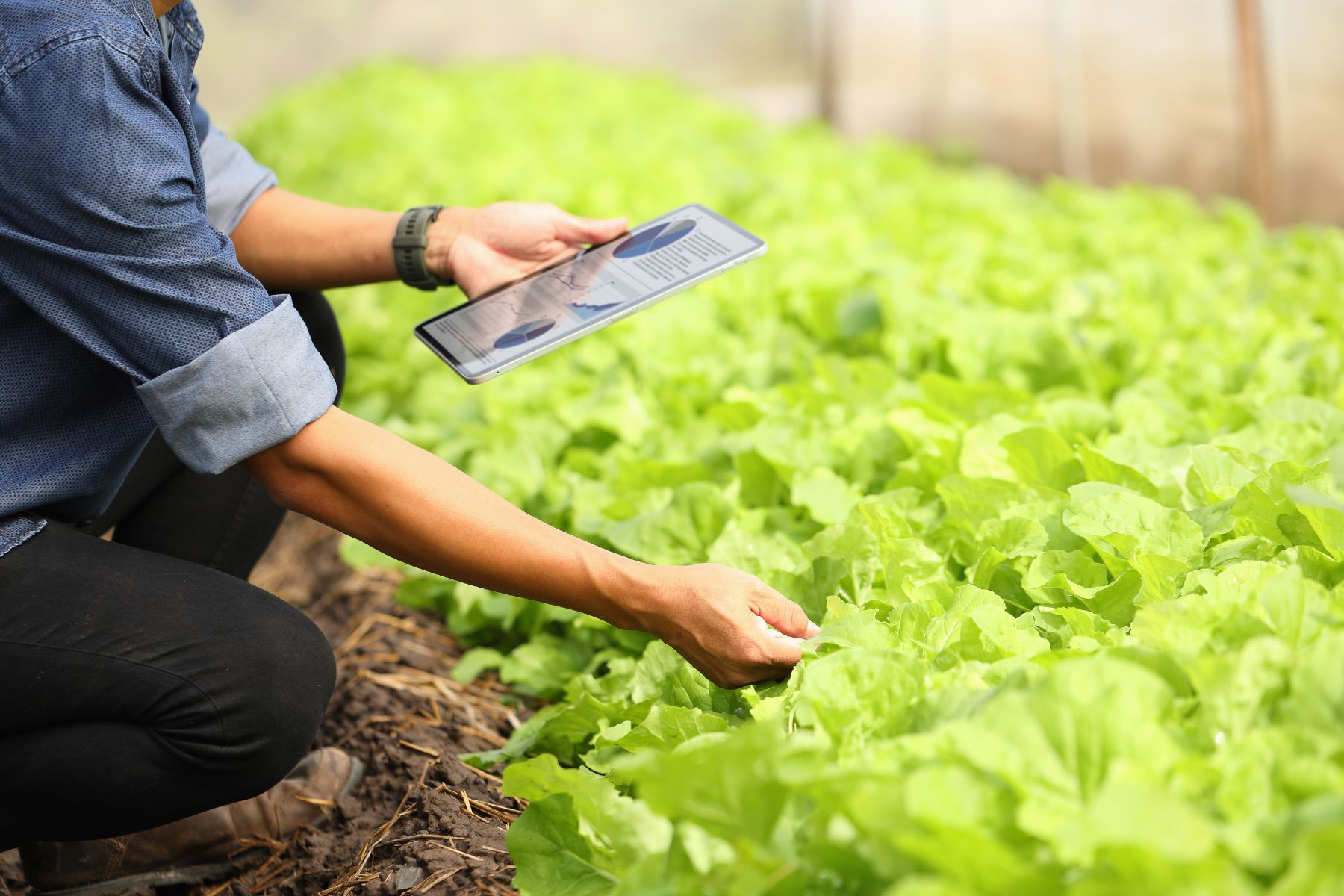
The benefits of organic farming extend beyond environmental sustainability, significantly impacting the economy and society.
A. Economic Viability and Market Trends in Organic Produce
The demand for organic food has been steadily rising, making organic farming an economically viable option. The market for organic produce is growing, driven by consumer awareness of health and environmental concerns. Organic farmers often receive premium prices for their products, contributing to the economic sustainability of organic farms.
B. The Social Impact of Organic Farming on Communities
Organic farming has a positive social impact on communities. It promotes healthier food options and contributes to local economies. Organic farms often engage in community-based activities, fostering a sense of connection between consumers and their food sources.
C. Organic Farming and Food Security: A Critical Analysis
In the context of global food security, organic farming offers a sustainable solution. By focusing on soil health and ecological balance, organic farms can produce sufficient yields to meet local food demands while preserving resources for future generations.
The Future of Organic Farming
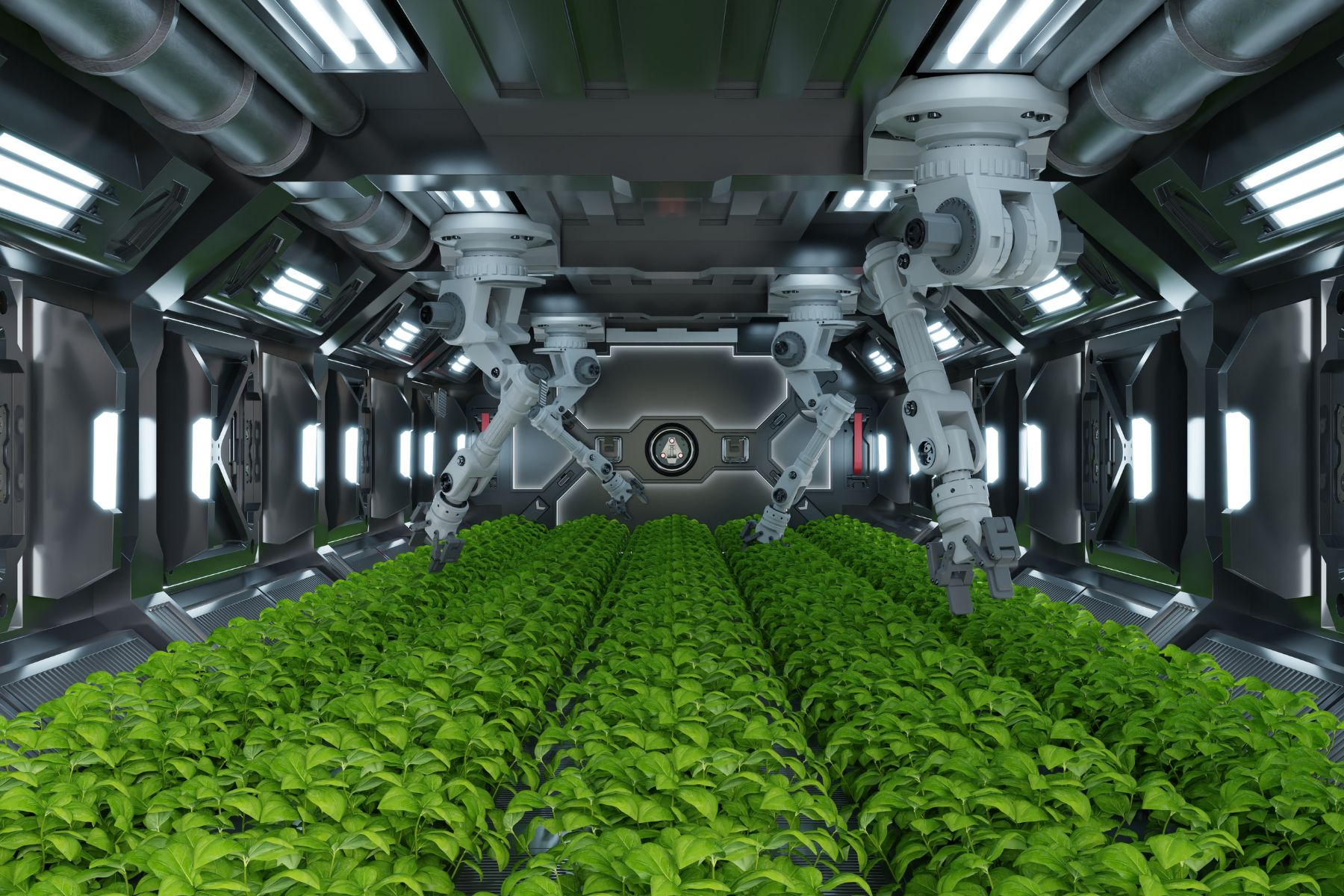
As the world grapples with environmental and health challenges, the future of organic farming looks promising, with innovations and policy support shaping its trajectory.
A. Emerging Trends and Innovations in Organic Agriculture
The field of organic agriculture is continuously evolving, with new trends and innovations enhancing its effectiveness. From advancements in organic pest control to the integration of technology for efficient farm management, modern organic farming is adapting to meet future challenges.
B. The Role of Policy and Research in Advancing Organic Farming
Government policies and research play a crucial role in advancing organic farming. Initiatives like the Organic Farming Research Foundation and the National Organic Program promote research in organic methods and support the development of organic standards.
C. Challenges and Prospects for Organic Farming in the 21st Century
Despite its many benefits, organic farming faces challenges such as climate change, market competition, and the need for more research and education in organic methods. However, the prospects for growth and impact in this sector are substantial, as more people turn to sustainable and healthy food options.
Conclusion
In conclusion, organic farming offers a viable and sustainable solution to many of the environmental and social challenges we face today. From improving soil health and biodiversity to contributing to climate change mitigation and fostering sustainable communities, the role of organic farming in saving our planet cannot be overstated.
As consumers, farmers, policymakers, and researchers, we all have a part to play in supporting organic agriculture. Whether it's choosing organic food, advocating for supportive policies, or engaging in organic farming research, every action counts towards building a more sustainable and healthier world.
Embracing organic practices is more than just a farming choice; it's a commitment to preserving our planet for future generations. The journey of organic farming, from a niche movement to a crucial component of sustainable agriculture, is a testament to its potential to make a significant positive impact on our world.

